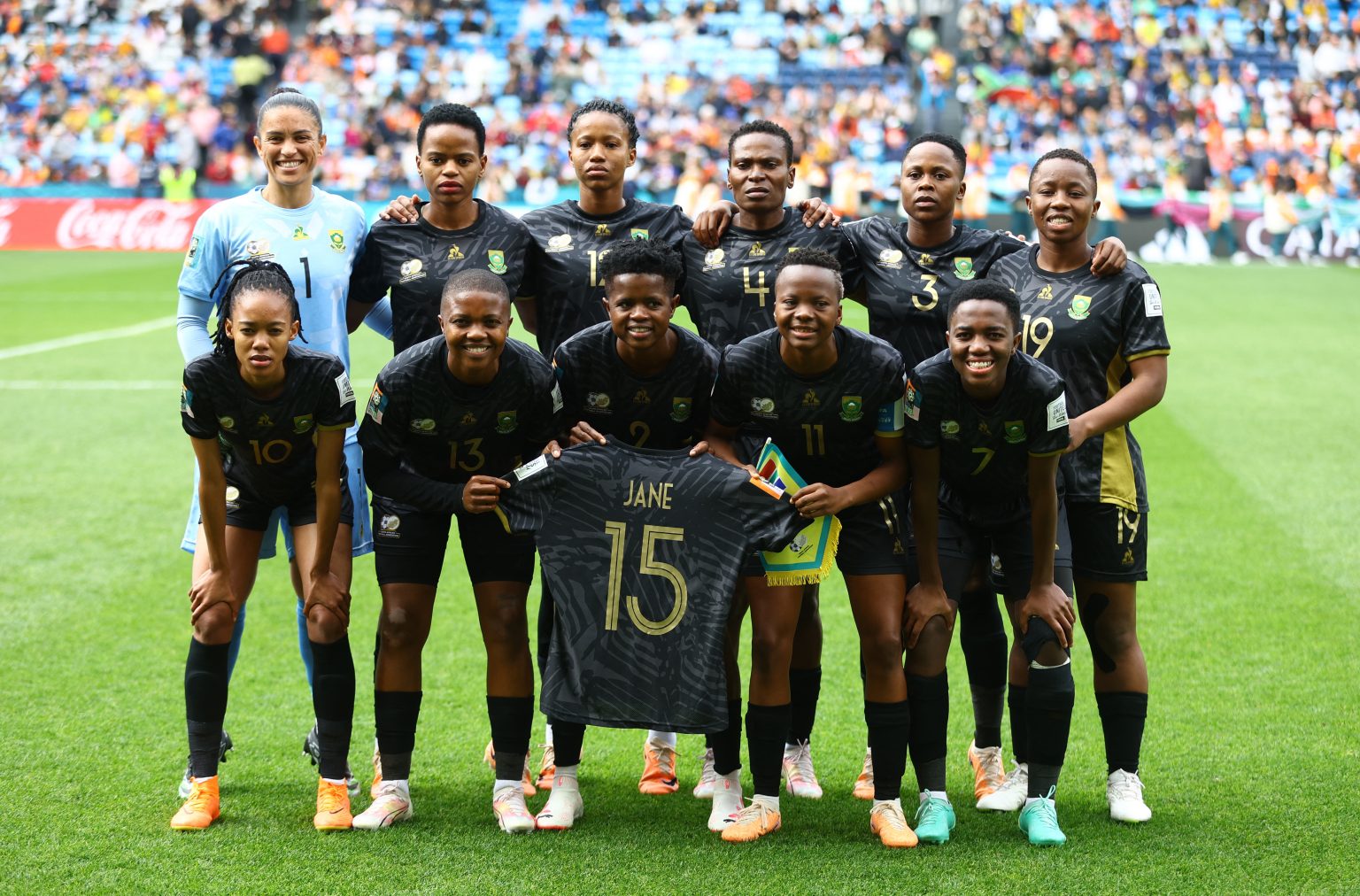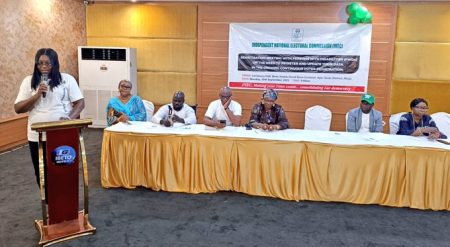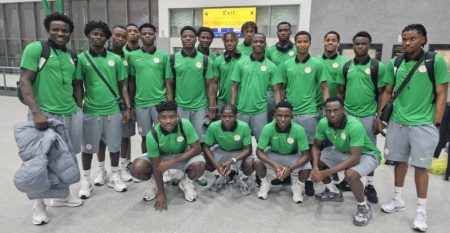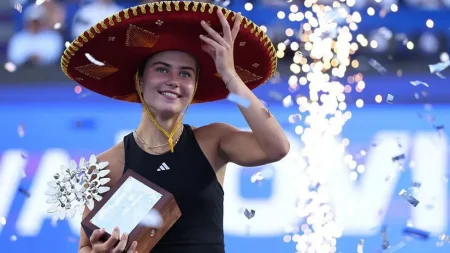South Africa’s national women’s football team, Banyana Banyana, have boycotted training ahead of their Women’s Africa Cup of Nations (WAFCON) title defence in Morocco, citing unpaid allowances and salaries from the South African Football Association (SAFA).
The reigning continental champions, who arrived in Morocco on Wednesday in preparation for the tournament set to kick off on July 5, staged a sit-in protest on Friday by refusing to take part in their scheduled training session. This marks the second session they’ve missed, intensifying pressure on SAFA to address the matter swiftly.
According to the South African Broadcasting Corporation (SABC), the players are demanding immediate payment of outstanding dues for April and June national team camps, which were vital parts of coach Desiree Ellis’ pre-WAFCON training program.
Despite being addressed by Head of Delegation Thabile Msomi on Thursday — who assured them that the issue had been escalated to SAFA President Danny Jordaan — the players say they remain in the dark, with no direct communication or concrete timelines provided regarding their owed payments.
“We had no formal meeting with SAFA today or even prior to camp,” a player, speaking anonymously for fear of reprisal, told SABC. “When we sought a meeting with the CEO, they simply said she was unavailable. The excuse given for the CFO and COO was that they were tired from an NEC meeting.”
The boycott has sparked concern among fans and officials alike, especially with Banyana Banyana set to defend the historic title they won in 2022 — their first-ever WAFCON crown after beating hosts Morocco in the final.
Coach Desiree Ellis, who has been instrumental in the team’s recent rise in African and global women’s football, is reportedly frustrated by the situation but remains hopeful a resolution will be reached soon.
“We came here to prepare and perform. Our focus is on retaining the title, but we cannot ignore the legitimate concerns of the players,” Ellis said earlier in the week. “It’s about respect, fairness, and creating a professional environment.”
This is not the first time Banyana Banyana have faced disputes over compensation. In the past, similar protests and negotiations with SAFA have emerged ahead of major tournaments, prompting broader discussions about investment and equality in women’s sports in South Africa.
SAFA has yet to release an official public statement addressing the boycott, but sources close to the situation indicate that talks are ongoing behind closed doors.
With the tournament opener just a week away, the clock is ticking. Banyana Banyana are expected to face fierce competition from Nigeria’s Super Falcons and hosts Morocco, both of whom are considered top contenders. But for now, their toughest battle may be off the pitch.
As the team awaits intervention from the highest levels of South African football leadership, fans across the continent are watching closely — not just to see if the champions can defend their crown, but whether the institutions that govern the game will finally give their stars the support they deserve.









